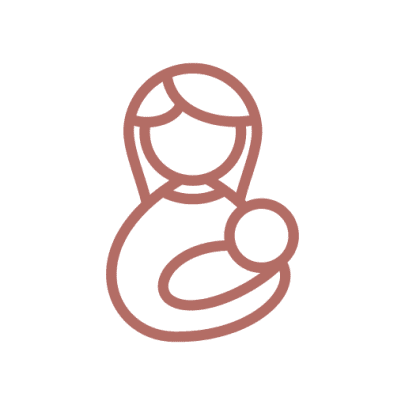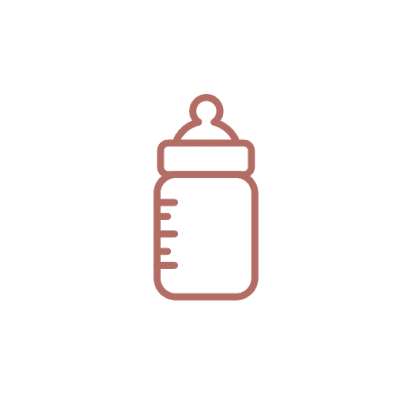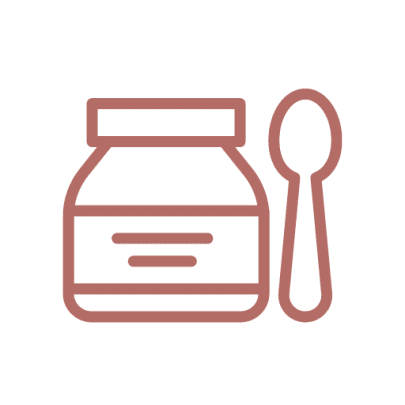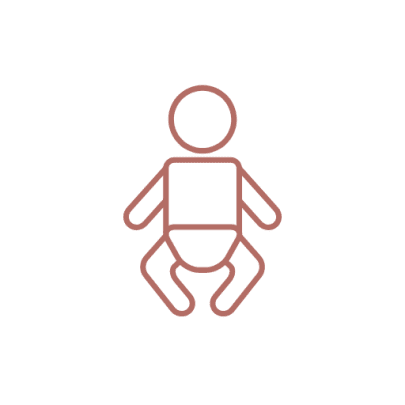A mother shares her experience of PND….
She writes: “I think the hardest thing is being able to diagnose PND within yourself. You’re told that having a baby is a life-changing experience, that it will turn your world upside-down, be very hard work and exhausting. And so it took me some time to self-diagnose. My biggest clue was the sobbing I was doing on a daily basis, sometimes several times a day and the feeling of not wanting to go out anywhere as I was a crap mum and everyone else was doing so much better at it than me. Oh, and I couldn’t remember the last time I’d felt I was enjoying it.
I definitely had several factors for it. I’m originally from the UK and all my close family and friends are the other side of the world. No close friends in NZ were having a baby, so I was already conscious of becoming isolated. I had a lovely pregnancy but a horrible birth – nightly contractions for a week before so I was already exhausted, an emergency c-section after 2 days of non-established labour, failure to progress and eventually finding out that my little girl had somehow turned posterior. Lots of pain, 2 epidurals that wore off right where the contractions were, and pumped full of drugs. I ended up totally exhausted, put into the ward at Waikato at 2am with all the lights were left on, no-one telling me where the buzzer was to get help – I was just left with the door open, lights on and desperately needing sleep. No husband, as he couldn’t stay with us.
I then had milk supply problems – or basically, no milk. My little girl was born happy and placid but became a screaming monster for hours every night – I now know that she was just hungry, but I wish the midwives had picked up on it. I was at my wits end and eventually my lovely midwife suggested formula (she was starving by Day 6 and below the 10% expected weight loss) and I got my happy and placid little girl back. Then throw in a huge argument with my mother (who was visiting but who I suspect has early-onset Alzheimer’s) and the stage was set for PND!
But I was coping, I thought. I’d got over the worst, my little girl was ok and I just kept plodding along, as you do. I don’t really think it started to hit until she was 6 months old – just when I’d stopped worrying about whether or not I’d get PND. She was suddenly really unsettled every evening and I now think she was starting to teethe, but the teeth didn’t come in until she was 8 months old. I was trying everything and nothing was working. I just really wasn’t enjoying being a mother. It wasn’t all the time – I definitely didn’t feel massively depressed or anything – but it just crept up on me until my confidence really started to dissipate and I started to feel that I was doing a crap job of everything. I was too nervous to go out much and I can’t really remember why now.
Eventually, I Googled the symptoms of PND, found a great support group down in Christchurch (JustBreathe.com) who put me on to a quiz done by Edinburgh Uni [you can access the quiz here) – I came out as borderline. I knew, if I had it, that it wasn’t really bad, but it wasn’t good either. I felt like a total idiot going to the doctor, and that he’d think I was bonkers, but he was fantastic and it’s the best thing I could’ve done. He took me seriously, put me on to antidepressants, and they are an absolute life-saver. Coming from the UK, where we adopt the “stiff upper lip” approach and don’t talk about depression in certain circles at all, it took guts for me to go to the doctor at all, let alone take the pills. It really, really helped having a husband who has been through depression himself, and who has also taken the anti-depressants, as he could tell me what to expect. You go through a period of relief at having been diagnosed, frustration if you’re not 100% better immediately, fear at coming off them (will you ever be able to, you wonder), a feeling that now is the right time to come off them (around the 3 month mark), acceptance that actually you need to stay on them a while longer, and finally, the realization that you really don’t need them any more (at around 6 months). Had I not had his guidance, I might have stopped the pills too early and regressed. I can also very highly recommend John Kirwan’s book on depression as, while not totally specific to PND, you’ll really notice the parallels in your journey through PND/taking the pills, and other people’s depressions.
I took the pills for 7 months in total (we were moving house at the 6 month mark – one thing at a time!) and have now been free of them for over 4 months with no problems whatsoever. This may sound strange, but I’m (now) actually glad to have been through it as I finally get what depression is. I was the last person I’d thought would suffer from it as I’ve been through some really awful times previously and just toughed it out till things got better. Depression is different – you can’t tough it out at all, you can’t just “get over it”, you just get consumed by it. Until you’re in the grips of it, you just can’t understand that and it must be so hard for partners to understand too. As I say, my husband has had depression and even he didn’t spot it in me. It’s a bit like comparing a common cold to the ‘flu – no comparison. One you struggle to get through but you can get through it; the other knocks you out completely and you just have to rest till you get better.
So my biggest advice to anyone out there who thinks they might possibly have it, is to speak to your doctor. Family are great, but depression still carries a great social stigma (unfortunately) and some family members can be more of a hindrance than a help. It’s not their fault, they simply don’t understand what depression is. Not all of us feel like telling family either. I think some people are prone to depression – others, like me, get it out of nowhere. It doesn’t mean that you’re a failure, or that you were not meant to be a mum, or that you’re a crap mum (PND gives you these thoughts). All it is, is a chemical imbalance in the brain – your serotonin levels are out of whack and the anti-depressants helps to get your serotonin levels back to normal, at which point you realise that you’re a great mum and are more than capable!
So yes, we definitely need to speak up about PND as I’m sure we’ll save some lives by doing so. There is light at the end of the tunnel and you can get off the pills – the most important thing is to speak up and get the help you need.








